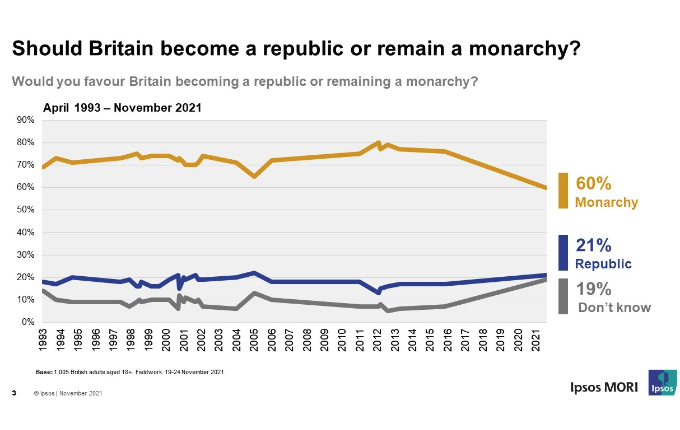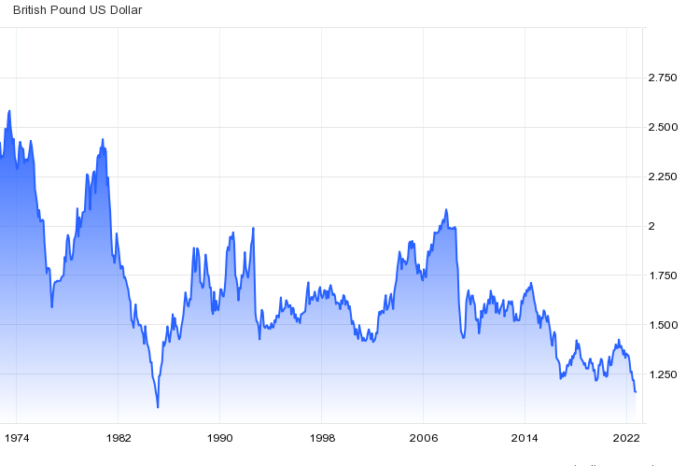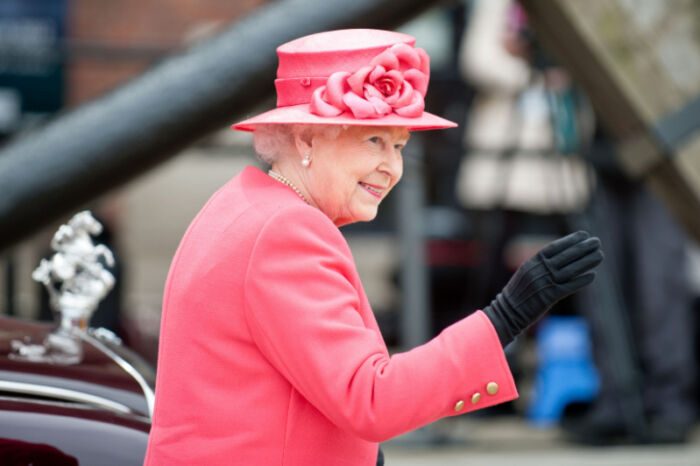Queen Elizabeth II, the British Queen with the longest reign, passed away on Thursday, September 8th. In the late afternoon, word travelled from Buckingham Palace that the Queen had died quietly at the royal family’s holiday residence at Balmoral Castle in Scotland, at the age of 96 years. What does it mean for the UK?
Queen Elizabeth II
The Queen ascended to the throne in 1952, and her death ended a reign that lasted seven decades and made her the most recognizable woman in the world. When she passed away, Charles, her eldest child, immediately ascended to the throne of the United Kingdom. Thursday’s death of Queen Elizabeth II caused America to turn its attention to the United Kingdom.
Also read: EU STOXX jumps amid short-covering rally
When word of her precipitous passing first surfaced, television networks focused on her, almost as if a US President had passed away. The US Open tennis competition and the United Nations both held moments of silence in New York to honor her passing. Moreover, flags on government buildings in Washington were flown at half-staff.
The official royal mourning period, which duration has not yet been determined, will begin seven days following the Queen’s funeral, according to a statement from Buckingham Palace. Following her passing on Thursday at the age of 96, heartfelt condolences came in from all around the world, with Ms. Truss, the new UK’s prime minister, referring to her as “the rock upon which modern Britain was founded.”
The former Queen met 13 US Presidents in her lifetime, and British citizens viewed her as “a grandma of the UK.” Only two days before, the Queen had welcomed Liz Truss to Balmoral as the 15th prime minister to lead the country during her 70-year reign. Although there have been ups and downs in support of the monarchy, Queen Elizabeth was a well-liked and even beloved lady.
Monarchy vs democracy
In general, surveys over the past several years have revealed that young people are not so fond of the monarchy, but the Queen herself received support in every survey. She’s viewed as the most visible member of the royal family. That applies regardless of how people feel about the monarchical institution and whether an elected head of state or a constitutional monarchy, like the one in the UK.
Due to the length of her reign alone, the Queen has been in power for a very long time. She recently took on the role of Liz Truss, but for her, it all started with Winston Churchill. Liz Truss has a negative point of view toward monarchy, but not the Queen. Truss has a liberal democratic stance and will probably keep it throughout her career.
This report claims young people in the UK do not think the monarchy should stay in their country and now more than ever want an elected head of state. The British monarchy goes back in history all the way to William the Conqueror, who invaded England in 1066. One survey claims a king or queen was preferred by 31% of respondents in the 18 to 24 age group, while 41% believed that there should now be an elected head of state.
Read more: The sad story of Bed Bath & Beyond
According to Ipsos’ research from the end of November 2021, 60% of British citizens favor keeping the monarchy in their country. This is the lowest level of support for the monarchy since the issue was first posed in 1993. The number fell from three out of four (76%) in February 2016 and the previous low of 65% in 2005. However, it seems this number will be 50/50 sooner or later, and there might be voting in the future between monarchy and democracy (like in the case of Brexit).

Ipsos poll on monarchy in the UK, source: link
What does it mean for the UK?
While many people liked the Queen, they are not necessarily keen on the monarchy, and her death could change a lot. The country is just freshly struggling with double-digit inflation of 10.1% and their fiat currency. The British pound is tumbling against the dollar hard, reaching 1.15 GBP against the USD, the lowest level since 1985.

GBP/USD chart, source: link
The UK will have to battle high inflation and the change in people’s perspective, as younger generations are open to new ways. That is why the UK may face a revolution where a similar situation to Brexit could arise. The polls show a significant decrease in interest in the monarchy, which might result in a change in a few years, but time will tell.











Comments
Post has no comment yet.